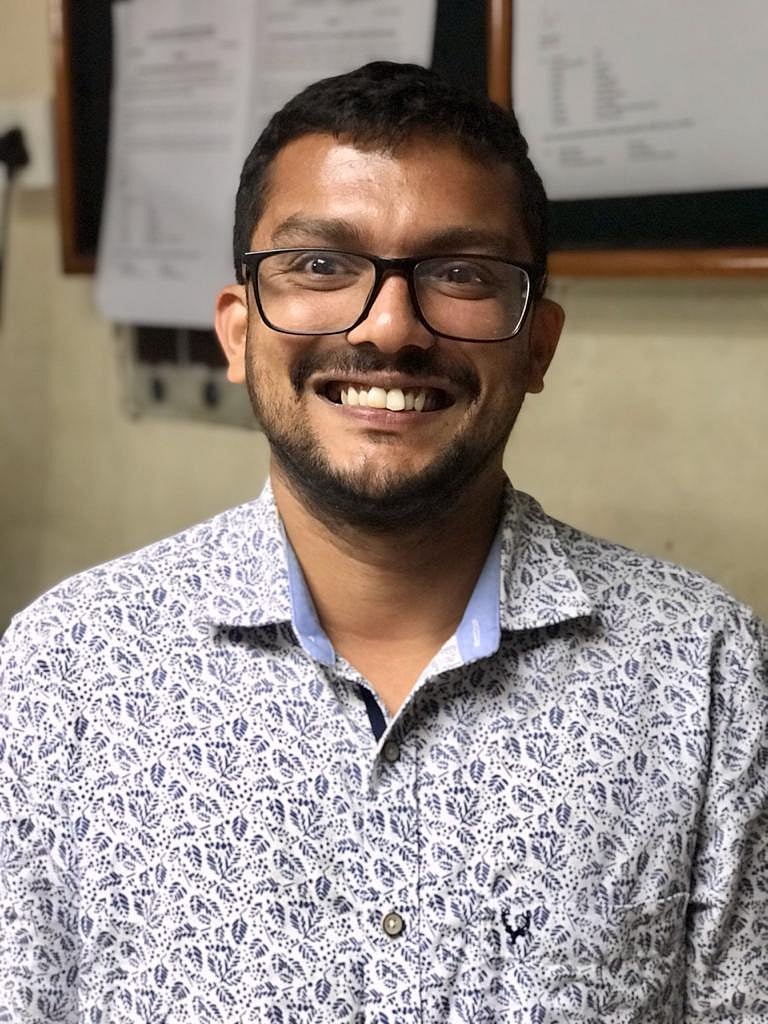Karnataka govt to form panel to study political backwardness of OBCs
Karnataka decided Thursday to appoint a commission to collect empirical data on political backwardness of Other Backward Classes (OBCs) in the state, in line with the Supreme Court's requirement.
The decision was made during an all-party meeting chaired by Chief Minister Basavaraj Bommai where reservation for OBCs in local bodies was discussed.
"The government will stipulate the terms of reference to collect empirical data, and to identify and establish political backwardness (of OBCs) as directed by the Supreme Court," he said. The government will also set a time limit for the commission to submit its report.
Determining political backwardness to provide reservations to OBCs is needed before the government can hold elections to zilla-taluk panchayats and the BBMP.
The Supreme Court recently decided to strike down OBC reservation in local bodies made by Maharashtra.
The top court has set forth triple test criteria for states to comply with to justify political reservation for OBCs in local bodies. It includes setting up a dedicated commission to determine backwardness. The second condition is to specify the proportion of reservation required as per recommendations of the commission. The third test is that the reservation should not exceed 50 per cent of the seats reserved for SCs, STs and OBCs together.
"All these days, we looked at backwardness from a socio-economic point of view. But, the SC has said that since political reservation is being given, empirical data is needed to see if there is adequate political representation," Madhuswamy said. "Our government does not want to hold elections without giving OBC reservation," he said.
Madhuswamy also said that the commission will look at whether or not the state can exceed the 50 per cent cap on reservations set by the SC in the Indira Sawhney judgement. "Since a recent constitutional amendment has given powers for the state to fix reservation, we are assessing whether reservation can exceed 50 per cent. The advocate-general has been asked to give us an opinion," Madhuswamy said.
Citing the example of SC/ST communities, he said that they have 18 per cent reservation in jobs and education, while it is 24.1 per cent in welfare schemes. "If SC/ST communities are given the same share of reservation as welfare schemes, others can avail only the remaining 25 per cent, which will be a challenge for the government," he said.
Check out DH's latest videos:
Deccan Herald is on WhatsApp Channels| Join now for Breaking News & Editor's Picks
